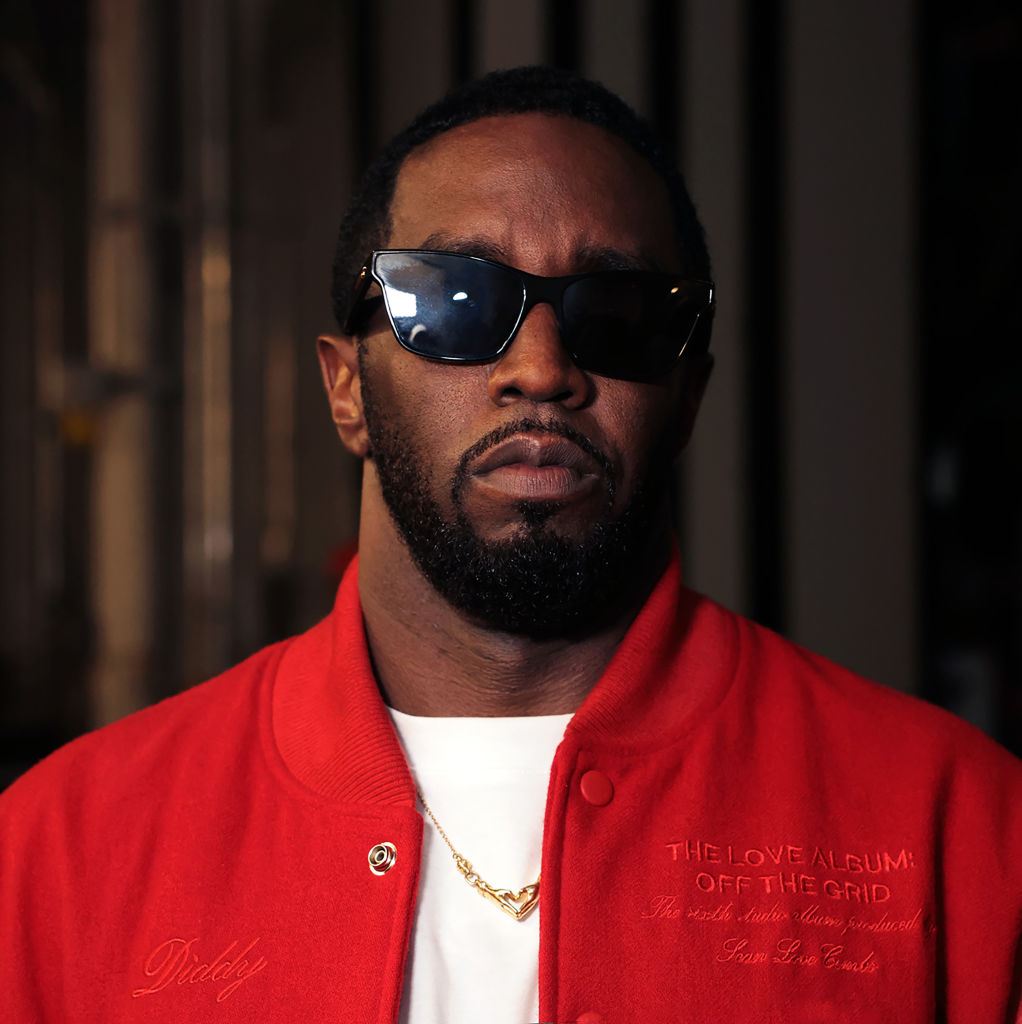Democracy and freedom will have no substance or meaningful value if South Africa’s politics is not anchored in sound ethical and moral moorings, says Father Smangaliso Mkhatshwa, chairperson of the Moral Regeneration Movement.
The Catholic priest and former deputy minister of basic education is a veteran of the ANC Struggle who suffered torture, indignity and beatings while incarcerated in apartheid prison cells in the 1980s.
In an interview, Mkhatshwa said President Cyril Ramaphosa’s recent call to convene a National Dialogue involving all key stakeholders in society could not have come at a better time.
“The question that must be asked and answered is why our utopian dream has largely turned into disenchantment due to social pathologies, especially endemic corruption, uncontrollable violence, joblessness, poverty, unequal education, pathetic service delivery levels and porous borders.”
He said Ramaphosa must be commended for his intention to convene a National Dialogue – “or call it indaba” – that seeks to get to the bottom of why social malaise has deepened and found its way “to rip apart our country into serious social pathologies”.
“We, as the Moral Regeneration Movement, are pleasantly encouraged to hear President Ramaphosa telling the nation when he opened the seventh Parliament that plans were afoot to hold a National Dialogue to involve all the important country’s stakeholders,” said Mkhatshwa.
Following a tradition
Ramaphosa, he said, may have been driven by the traditional African practice of villagers discussing or addressing serious matters in the shade of trees, where sober and cool minds can prevail. Collective minds thrash out all kinds of difficulties, listening to different perspectives and seeking the wisdom of all – and not just a few select members of the community.
Delegates to the dialogue will also be encouraged to share their collective wisdom and thoughts about how they expect the new Government of National Unity to work – especially on matters related to service delivery shortfalls, which have dogged the previous six administrations.
Mkhatshwa said there was a lot to learn from old African traditions, and that the Moral Regeneration Movement welcomed an approach “in which members of society will contribute towards finding a solution to the country’s deepening socioeconomic problems, especially the violence and corruption spiralling at unprecedented levels”.
He hopes that the indaba will be attended by political parties, the labour movement, civic organisations, religious movements and ordinary members of society from all backgrounds, races and persuasions.
He added: “(Ramaphosa’s pledge) to ensure that the dialogue is frank, all accommodating and not only educated monologuing among dominant social classes themselves… gives us hope and should be good news to the citizens of this country.”
Dialogue to the rescue
Expanding on the value of open dialogue, Mkhatshwa said: “Codesa (the Convention for a Democratic South Africa) could have been more successful had it involved all sectors, not just the educated views of the political elites and the learned.”
For the National Dialogue to bear fruit, said Mkhatshwa, it must be underpinned by moral principles of honesty, tolerance, humility and respect for all opinions.
He said an ailing South Africa needed to be steered by good leadership along the high road of morality and the desire to build ethical communities and map out a new path. And he was clear on why a national dialogue was necessary.
“We need the indaba because South Africa is at a crossroads. The nation has a chance to rescue itself from self-immolation.
“South Africa must make hard choices – either to sit on its hands and do nothing about the current spiralling violence and corruption, or rise to the occasion and tackle the problems head-on by dealing with the perpetrators harshly.”
Mkhatshwa said that among the most pressing challenges facing the country were violence, political intolerance and corruption, and that all South Africans should be concerned about the looting of resources meant for the poor.
“I am saddened that hundreds of millions of rand belonging to poor communities and invested at VBS Mutual Bank allegedly ended up in the hands of political elites of all stripes. This is worrying. I hope these are some of the issues that require talking about at the presidential indaba.”
Getting theologians involved
Mkhatshwa said he was pleased that the proposed dialogue came at a time when the Moral Regeneration Movement was planning to host a theological colloquium.
Its purpose would be to undertake “a critical analysis of the current situation in the country regarding the status of our democratic system, and a reflection of what the outcome of the 2024 national and provincial elections are telling us”.
“There is a deep concern countrywide about the state of the country, which includes the degeneration of our moral fibre and values. Many voices from organisations and ordinary citizens have been raised about these burning matters, but unlike in the past, the voices of organised theologians as an important sector in society have been conspicuous by their silence.
“We, as theologians, need to engage in regular theological reflections and praxis, critical of society and those in power. The call by the Moral Regeneration Movement is to engage on these issues affecting the nation and also to give guidance – and theological guidance – on these important matters,” said Mkhatshwa.
Ramaphosa’s spokesperson, Vincent Magwenya, said this week that the details of the National Dialogue “are being worked out”.
“Once the process is complete, we will make an announcement,” Magwenya said. DM
This story first appeared in our weekly Daily Maverick 168 newspaper, which is available countrywide for R35.

![]()



 1 month ago
88
1 month ago
88








